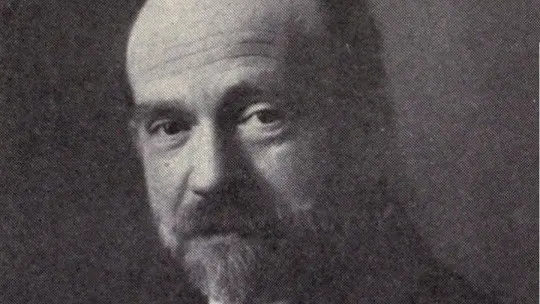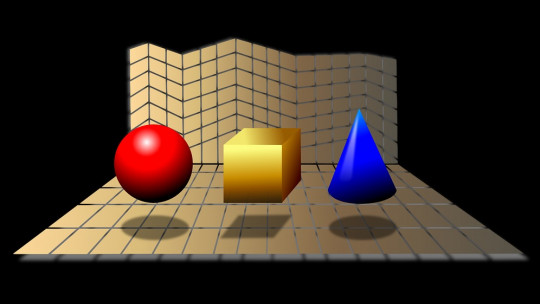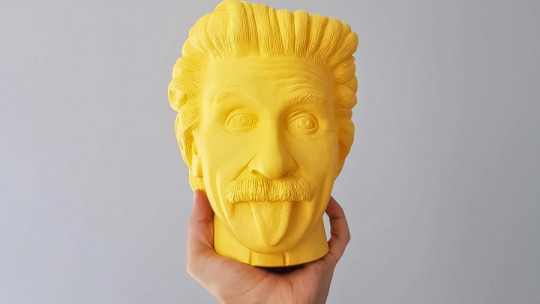The term “doctor” is controversial, as it is often used incorrectly in the social environment. When a person says “I’m going to the doctor,” they are generally referring to a family doctor, but this does not necessarily have to have completed a doctorate.
Thus, the word is associated with the world of healthcare, but there may be a chemist, biologist, sociologist or political scientist. A doctor is any person who studies a doctorate.
Thus, a doctor can be a doctor if he pursues a doctorate in medicine and surgery (for example), but not if upon finishing his degree and after completing the relevant stays he begins to practice as a professional. Surely this linguistic error comes from English, because to complicate things even more, in Anglo-Saxon culture every doctor is included under the term “medicine doctor” or merely “doctor”.
Once we have clarified that a doctor is a person who has completed a doctorate in any of the areas of knowledge that offer it (he or she does not have to be a doctor), it is time to advance to the next step: the differences between doctor and professor Here we break down both terms and show you the practical distances between these figures.
What are the differences between a doctor and a professor?
As you will see in later lines, a doctor (doctorate) and a professor are much more similar to each other than a doctor (physician) and a doctor (doctorate). Stay with us, because although it may seem confusing, we assure you that you will perfectly understand what we mean with so much abstract terminology in a moment. Let’s start with the differences.
1. A doctor needs a doctorate, a professor requires something more
According to the Oxford Languages dictionary, A doctor is a person who has obtained the last academic degree from the university, after having defended a doctoral thesis This great work is preceded by a training period known as a “doctorate”, with a duration of 3 years, extendable up to a maximum of 5. If the person in question wants to complement their doctorate with another job, they can study it part-time , expanding the period for up to 5 years (with a maximum extendable of 8).
On the other hand, The Royal Spanish Academy of Language defines a professor as a teacher who has the highest category in secondary or university education Within the university environment, a professor is a person who has completed a doctorate, has met certain requirements throughout his or her educational career and has passed a selection test at his or her destination university.
Let’s simplify things:
These are the standard requirements in countries like Spain, but as we will see later, some professors need even more qualifications to reach this position.
2. There are different types of professionals in each category
There are different types of doctors, depending on the doctorate they have completed and the focus of their research Let’s look at some of them:
In any case, it is necessary to clarify that A research doctorate does not only encompass physics, mathematics or chemistry The term “original research” can also be applied to sociological or political studies. Contrary to what people usually think, not all doctors are eminences in pure sciences: from philology to astrophysics, any field of knowledge that lends itself to original research is a candidate for generating a thesis.
On the other hand, There are also various types of professors, although the one that automatically comes to mind is the university professor in all cases There are also high school and secondary school professors, although we are not going to focus our attention on these positions.
3. It is much more difficult to be a professor than a doctor
Completing a doctorate is already a challenge in itself, as many students who have just graduated from their master’s degree decide to embark on this project without any funding. If the new researcher does not receive a state scholarship, he will not be paid during those 3 to 5 years that the training stage lasts. For this reason, only 1.1% of the European population holds this title.
In any case, reaching the position of professor is a much more difficult task. Below you will find the general requirements in Spain to achieve this status:
As you can imagine, very few people meet all of these requirements. Furthermore, to make the process even more difficult, Some fields of science also value the productivity of the teacher as a researcher when evaluating its validity
For example, to be a professor specialized in Physics or Chemistry, the tenured professor must have participated during his or her period as a professor in a minimum of 50 original investigations in internationally recognized journals.
4. The tasks of both positions are very different
A doctor is a person who has carried out original research and, therefore, upon finishing the doctorate they usually dedicate themselves to research. Studies carried out in the US show that 57% of doctorates remain combining teaching with research at their home university (tenured professors), while only 4% go to public entities.
In other words, A doctor can remain in the university environment and teach, but he can also decide to dedicate himself entirely to research if you apply for a position in a public organization dedicated to it. In Spain, doctoral scientists who do not continue at university usually go to centers governed by the Higher Scientific Research Council (CSIC). In these organizations, their work will continue to be to generate knowledge in the form of research.
The professor, for his part, is like a full professor who goes one step further. In addition to teaching and research spread throughout their working day, a professor must be in charge of various administrative issues that concern the university where you work. For example, they usually prepare university courses, hold conferences, supervise the professors under their charge, direct the research of other professors, disseminate common results and communicate with other entities.
Summary
As you can see, the terminological jumble that has formed between the terms “doctor”, “doctor” and “professor” can be clarified if we look at the basic definitions of each of these professionals and the work they perform.
A doctor is a person who has completed and approved a doctorate, through the defense of a doctoral thesis. A doctor can be a doctor, but also a biologist, geologist, sociologist, political scientist, philologist and many other things. To achieve this position, you must complete 4 years of bachelor’s degree, 1 year of master’s degree and 3 to 5 years of full-time doctorate.
On the other hand, a university professor is a person who researches and teaches in the university environment, but who also directs other professors and manages logistical issues of the institution. A professor needs, in addition to everything mentioned in the case of a doctor, a specific number of years as a teacher, a minimum number of original research, accreditation of his or her curriculum and passing a specific entrance test.











